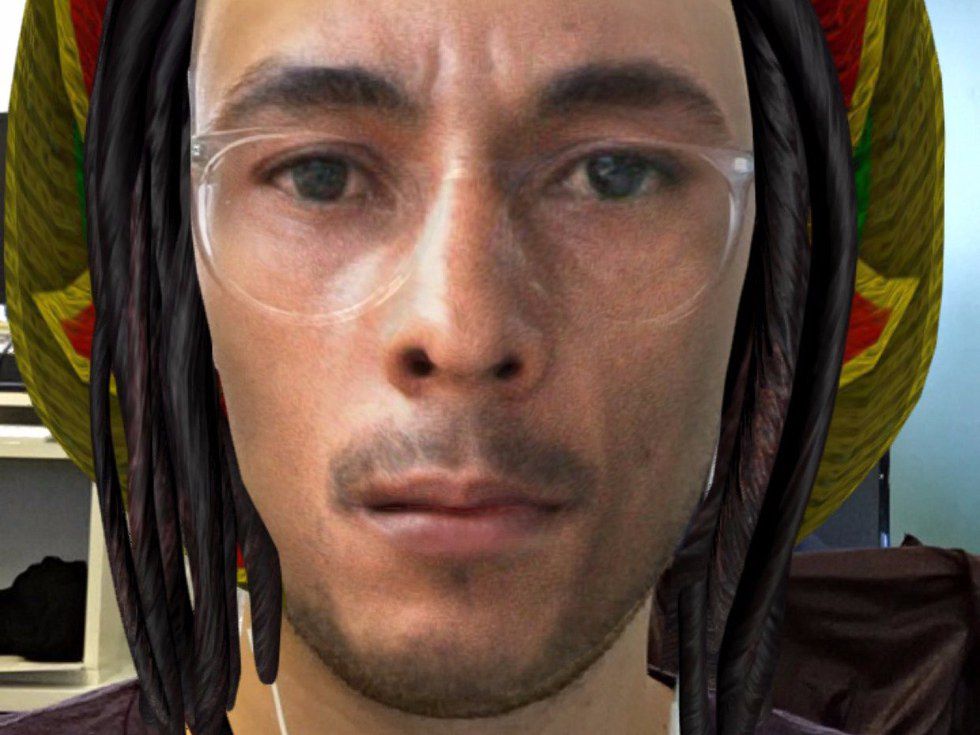A lot of people on social media have been commenting on Snapchat’s beauty filters, saying that they are white-washing their appearances, and they are taking offense.
Snapchat’s beauty filters are obviously meant to improve people’s appearance and make them look prettier… Trust me, we all need it on a bad day. These improvements include evening out the skin tone, adding virtual make-up, but they also lighten the overall picture/video, including the individual’s skin tone.
These filters are also changing people’s facial proportions by making their eyes bigger and slimming down their nose and jaws.
Although the flower crown filter places a light haze over the whole picture, not JUST the skin tone, is it entirely necessary? Also, why does that filter have to come with the slimmer nose, widened eyes, and blur (overall disappearance) of freckles and blemishes?
A lot of social media users are also saying that this is a form of body shaming. Yikes.
Snapchat was recently under serious scrutiny for their weed-themed Bob Marley filter on April 20, more commonly known as 4/20, the officially unofficial holiday for cannabis users. This filter not only darkened skin color, but it also added dreadlocks, a crochet slouch cap, and changed the shape of people’s eyes and noses.
People took offense, calling it out for being a form of digital blackface and many took to this issue to various social media outlets including Twitter, Facebook and Tumblr, with the same questions, “Who approved this?”
Not only that, but users also took offense to the fact that the company had reduced Bob Marley’s legacy to the face of cannabis consumption when he was so much more than just that.
Obviously, with the historical damage of racism and blackface, it was just a bad idea to create a filter that would change people’s skin color to being black.
Again, who approved this?
Snapchat did not seem to be willing to admit to their mistake, however. The company has told reporters that the filter was created in partnership with the Bob Marley Estate, stating that “Millions of Snapchatters have enjoyed Bob Marley’s music, and we respect his life and achievements.”
But wasn’t there a better way to celebrate Bob Marley than with blackface?
Now with these filters meant to make others look prettier, Snapchat is receiving backlash from another angle.
Snapchat users are concerned that these beautifying filters seem to favor whiter complexions in the way that it lightens user’s skin tones.
A lot of people have admitted to disliking their facial imperfections. Have these Snapchat filters given them the opportunity to see themselves in the ways that they’ve always wanted to, or have they legitimized their insecurities?
What people don’t realize that is that Snapchat is saying that people want what’s better. The deeper effects of that comes when they have to digitally and mathematically encode these features, defining what “better” is.
My question for Snapchat is, can we please have the flower crown filter without the skin lightening and nose/jaw slimming?





















